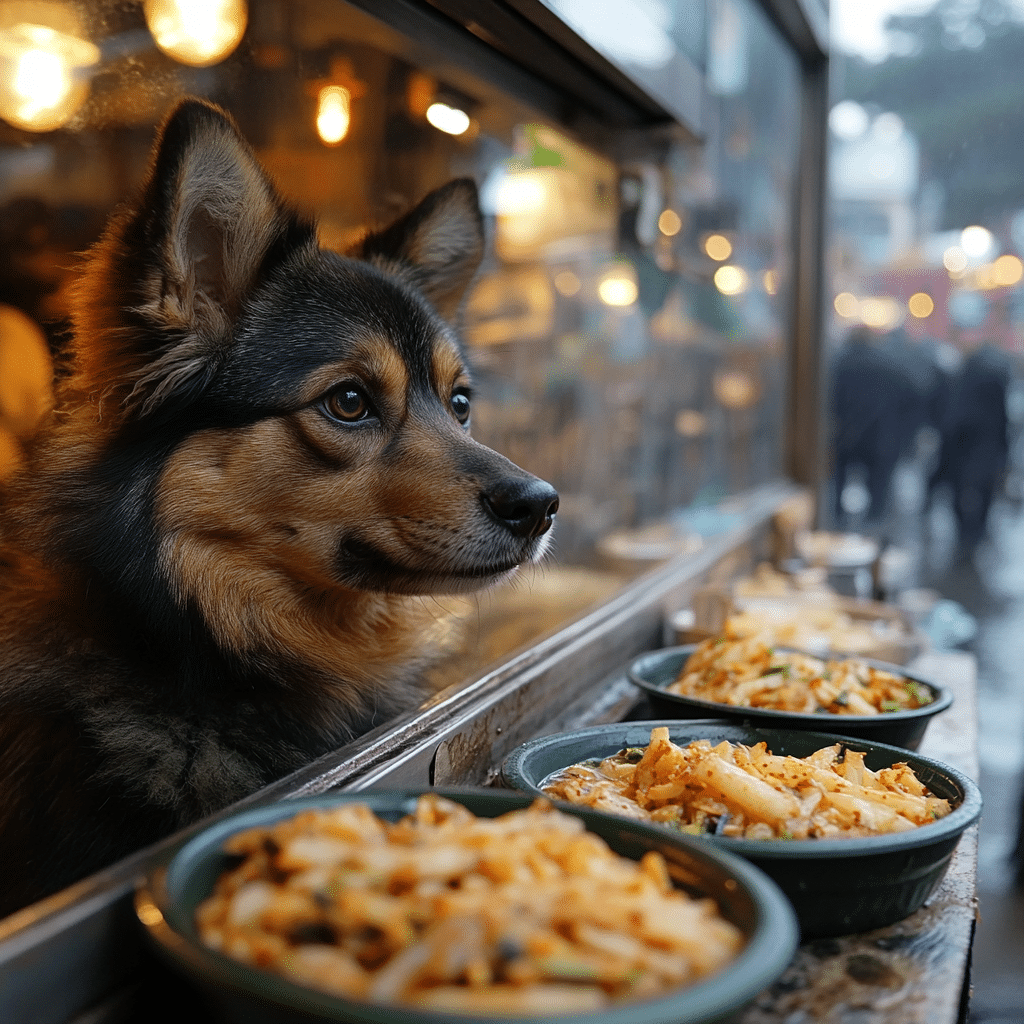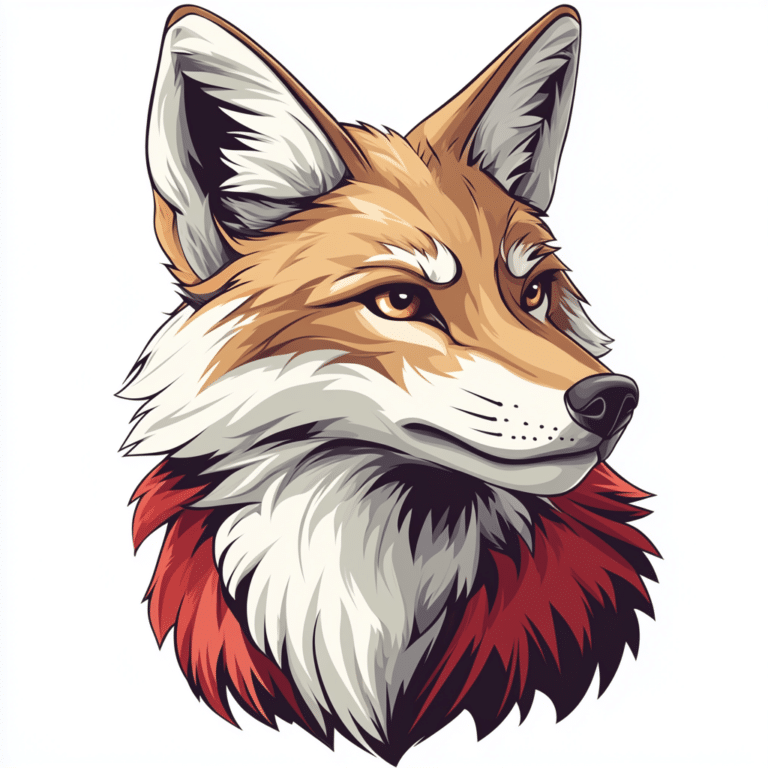The once-controversial practice of south korean dog eating is on the brink of a historic transformation as the country gears up to ban the production and sale of dog meat. Long associated with summer feasts and traditions dating back centuries, dog meat consumption has come under fire in recent years. The overwhelming shift in public opinion has driven lawmakers to act—set to take effect in three years, this legislation marks a significant turning point in South Korean society. This process isn’t merely about changing culinary habits; it reflects a broader social evolution that resonates with our values of compassion and ethical treatment of all living beings.
5 Reasons Why South Korean Dog Eating is Experiencing a Dramatic Change
1. Changing Cultural Perspectives
Over the years, a major transformation has unfolded in how South Koreans view dog meat. The younger crowds, who likely grew up with four-legged companions, are increasingly adopting a mindset that embraces animals as family members rather than food. Polls reveal that over 60% of South Koreans now oppose the consumption of dogs, showing that the times are indeed changing. This shift is emblematic of a deeper commitment to animal welfare and an awakening to our responsibilities towards living creatures.
2. Legal Developments and Government Intervention
In a powerful push to mirror the evolving public sentiment, South Korea’s National Assembly took a historic step when it unanimously passed a bill to outlaw dog meat. This legislation gained traction during recent sessions, showcasing a clear alignment with modern values of animal rights. With discussions surrounding the Animal Protection Act, the government is pledging financial support to dog farmers to help relocate approximately half a million dogs by 2027. The plan includes compensation per dog to encourage adoption or safe shelter options and reflects a commitment to safeguarding animal welfare.
3. Cultural Events and Public Campaigns
Activism against dog meat consumption has taken center stage, fueled by passionate campaigns spearheaded by organizations like Korea Animal Rights Advocates (KARA). Events have become frequent fixtures on social media, helping to amplify the message against dog meat consumption. The “No Dog Meat” festivals, where individuals celebrate and advocate for pet rights, give significant weight to the growing resistance against the practice. It’s inspiring how grassroots efforts can ignite change, compelling a nation to rethink its traditions and practices.
4. Global Influence and Pressure
In our interconnected world, international norms significantly impact local cultures. As South Korea’s global standing rises, it faces pressure from countries that uphold stricter animal rights laws. Global influencers and celebrities, including voices from North American advocacy groups, have spoken out against dog meat consumption, pushing for reevaluation. The narrative of north korean soldiers in Ukraine adds another layer to this discourse. As people witness suffering around the globe, there’s a growing empathy that challenges traditional eating habits that conflict with humane principles.
5. Emerging Meat Alternatives
Evolving culinary landscapes are also leading the charge to ban dog meat. Today’s South Korean residents are embracing alternative proteins and plant-based diets. Restaurants like “Vegan Dog” and “Plantivore” are paving the way by offering innovative takes on traditional recipes without the involvement of animal products. This culinary evolution offers consumers fresh and exciting dining experiences while keeping in line with a growing consciousness about animal rights.
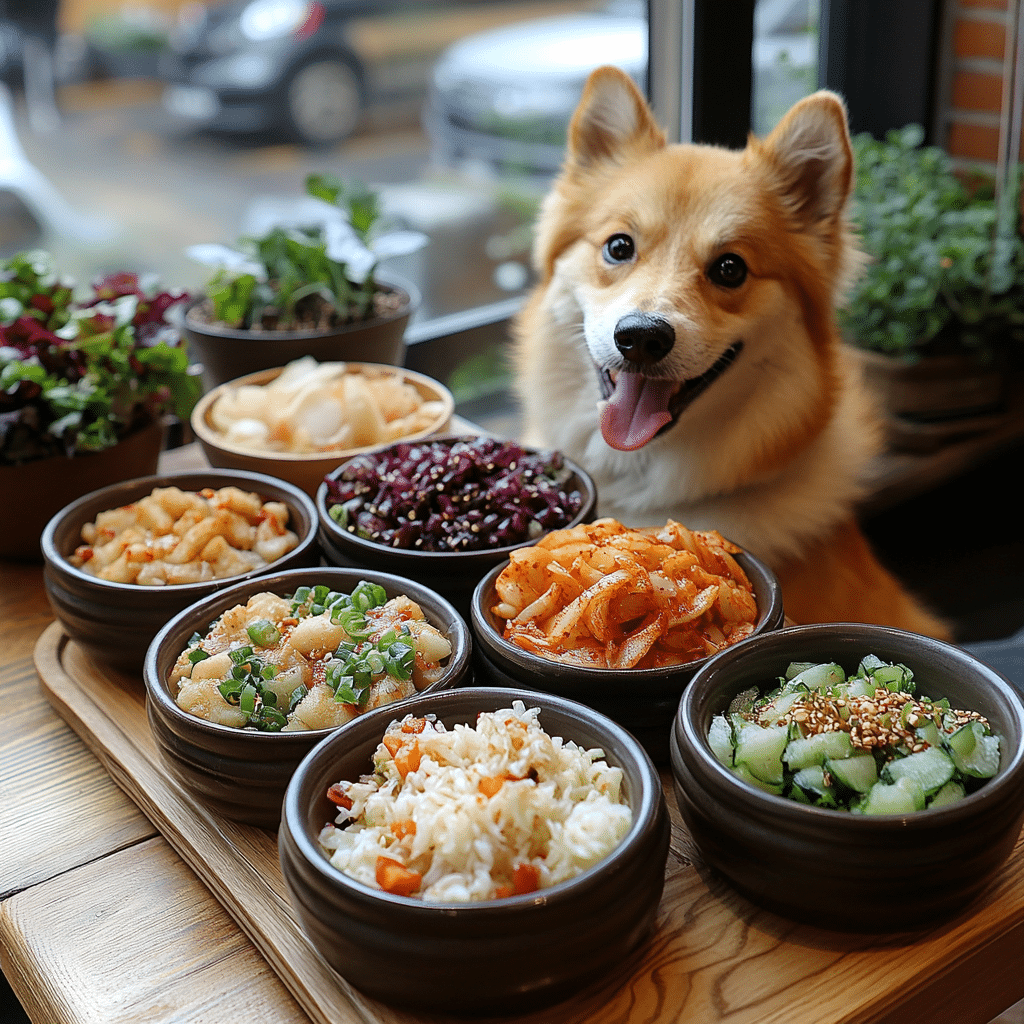
The Controversial Debate: Exploring Preferences Like South Korean Fried Toothpicks
Interestingly enough, the dialogue surrounding animal consumption can also be observed in lesser-known food experiences, such as south korean fried toothpicks. Vendors sell these crunchy snacks at street markets, representing a shift toward more modern and playful culinary experiences. While they may seem trivial compared to the serious discussion surrounding dog meat, they emphasize a broader gastronomic trend towards lighter, healthier options that prioritize creativity over tradition.
The juxtaposition of fried toothpicks to traditional practices like dog meat consumption embodies the ongoing evolution of dietary habits. It opens valuable discussions on animal rights, personal health choices, and culinary innovation, highlighting that shifts can be both enjoyable and imperative.
The Humanitarian Angle: Mirroring the Struggles of North Korean Soldiers in Ukraine
Adding complexity to the conversation surrounding south korean dog eating is the ongoing humanitarian crisis in Ukraine, where north korean soldiers are reportedly caught in the conflict. The plight of individuals affected by warfare often brings up deeper reflections about the value of all life. In oppressive regimes, there’s often a stark disregard for life choices—whether concerning human consumption or cultural dietary practices.
These abhorrent realities draw poignant parallels with the ethics of eating dogs in South Korea. By considering the suffering of humans and the treatment of animals, a broader understanding and reevaluation of dietary traditions arises. It’s this empathy that can lead to a healthier society, encouraging discourse on choices that reflect compassion and respect for life.
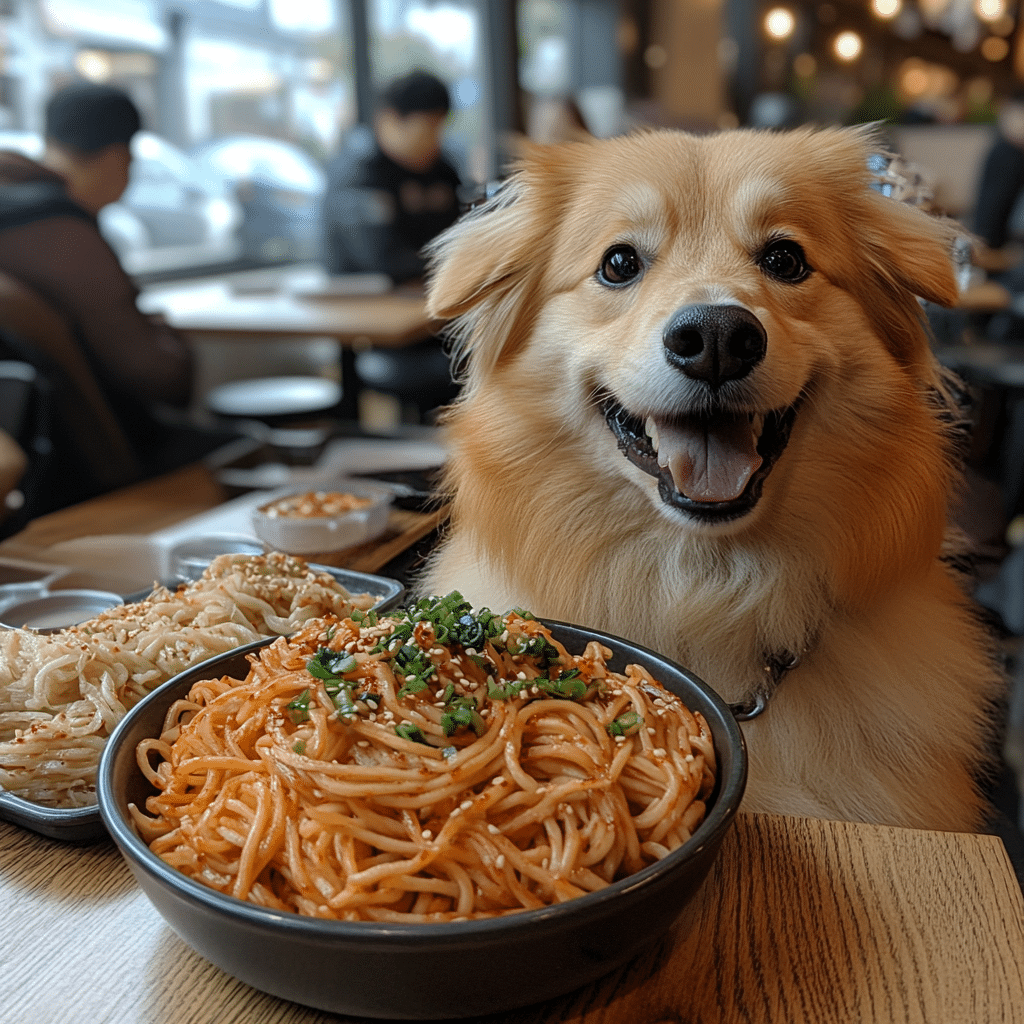
Embracing the Future: A New Paradigm for South Korean Society
As South Korea marches toward the historic ban on dog meat, it’s not just about eradicating a tradition; it’s about embracing a brighter future grounded in empathy and ethical consumption. The shift in societal attitudes speaks volumes about how we treat animals and the environment, paving the way for robust, meaningful discussions on dietary choices.
This legislation represents not just a change in culinary customs but signifies a pivot to a society that values compassion over old traditions. As South Korea embraces this forward-thinking mindset, its culinary landscape will flourish—ultimately crafting a culture that honors both heritage and the value of all sentient beings. The journey isn’t just about changing plates; it’s about changing hearts and minds for a more compassionate future.
South Korean Dog Eating: A Changing Tradition
The topic of South Korean dog eating has long been a contentious issue, both domestically and internationally, as views shift dramatically. Recently, South Korea took a momentous step by moving towards a ban, reflecting changing attitudes towards pets and companion animals. While many South Koreans have traditionally participated in this cultural practice, there’s a rising wave of opposition. This transformation aligns with broader trends where younger generations are more inclined to treat dogs as family members, rather than livestock. Speaking of shifts, did you know that this transformation echoes across various entertainment mediums? Just look at how Taron Egerton Movies And TV Shows are redefining narratives about animals and companionship.
As discussions about South Korean dog eating progress, it’s interesting to note our global relationships with animals vary widely. In fact, other countries have had their unique cultural practices involving animals, some even quirky! For instance, speaking of unusual connections, the story of Bing Crosby and his beloved dog demonstrates that even icons had their pets at the forefront of their lives. This growing sensitivity may mark a pivotal moment for South Korean society, much like how we see evolving themes in the casting of works like “A Knight’s Tale, which captures the bond between creatures and humans over centuries.
In the whirlwind of activity surrounding these changes to South Korean dog eating, let’s not forget the amusing yet bizarre trivia that often emerges in discussions. Did you ever stumble upon the curious world of genital Clamps? Yeah, that’s a topic far removed from our furry friends! Such oddities tend to pop up, highlighting how diverse our world is. Meanwhile, as the tides change in South Korea, the humane treatment of animals is coming to the forefront. In a way, just as the iconic film featuring Louis Gossett showcased unexpected friendships, we might soon see dogs in a new light, no longer as food but as friends. And, of course, always remember to cherish those bonds!
With these shifts in mind, the focus on acceptance and the reexamination of cultural norms has never been more relevant. South Korean dog eating may still carry historical weight, but as society progresses, who knows what the future holds? As we lean into change, like the evolving landscape of gaming demonstrated by the Fallout 4 perk chart, adaptation becomes key. It’s just one way to see that compassion can outshine tradition when given a chance.
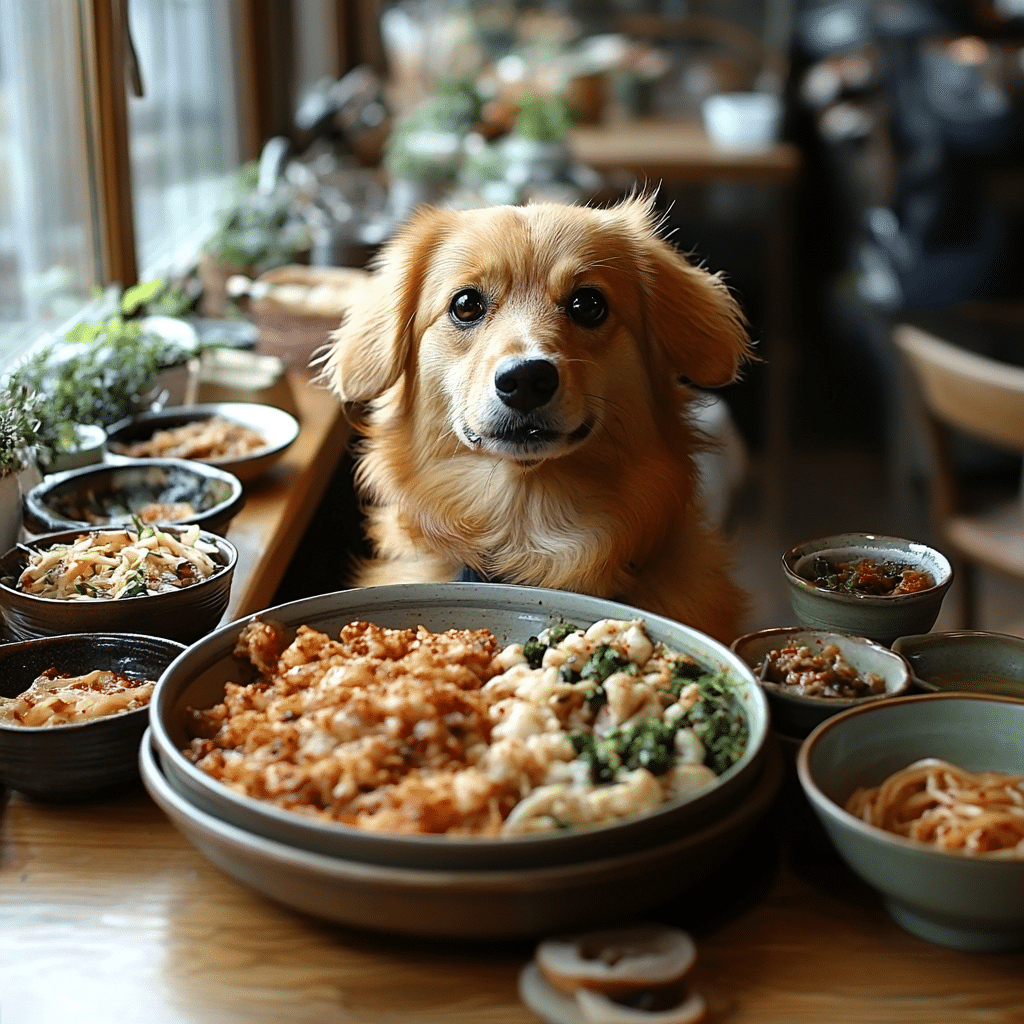
Is dog eating common in Korea?
Dog eating has traditionally been more common in South Korea, especially during summer months, but it’s been on the decline as more people embrace animal rights and view dogs as pets rather than food.
What is the dog dish in South Korea?
The dish most associated with dog meat in South Korea is called bosintang, a soup made with dog meat, vegetables, and a variety of seasonings like doenjang and gochujang.
Is South Korea publishing compensation plan for dog meat farmers ahead of 2027 ban?
Yes, South Korea is set to publish a compensation plan for dog meat farmers to help them shut down operations ahead of a dog meat ban that takes effect in 2027. The plan will include payment for relocating dogs and incentives for finding them homes or shelters.
Is dog on the menu in South Korea?
While dog meat has been consumed in South Korea, its popularity is waning. Many restaurants are moving away from serving it, and the push for animal rights is changing the culinary landscape.
What country consumes the most dogs?
China is known to have one of the highest rates of dog consumption, although dog meat is less popular today than it has been in the past, especially among younger generations.
How much chicken does South Korea eat?
South Korea consumes a significant amount of chicken, with various dishes being staples in many households and chicken shops popping up everywhere.
What is dog called in South Korea?
In South Korea, the word for dog is “gae” (개), and it’s commonly used in everyday conversation.
What do you eat Korean hot dogs with?
Korean hot dogs are often enjoyed with a variety of sides like ketchup, mustard, and even toppings like cheese or potatoes, depending on the style of the hot dog.
Do they celebrate Christmas in Korea?
Yes, Christmas is celebrated in Korea, and it’s a public holiday for many, with festive decorations and special events marking the occasion.
Does South Korea still have dog meat farms?
Yes, dog meat farms still exist in South Korea, but with the new laws in place, these operations are expected to be shut down in the next few years.
Will dog meat be banned in China?
There have been discussions about banning dog meat in China, but as of now, it remains a controversial topic with varying regional practices.
Does South Korea import beef?
Yes, South Korea does import beef, primarily to meet consumer demand and support local markets, with imports coming from several countries.
Is English spoken in South Korea?
English is widely taught in schools throughout South Korea, and many people, especially younger individuals and those in urban areas, can speak it to some degree.
Is South Korea dog friendly?
South Korea is generally considered dog-friendly, with many parks, cafes, and facilities welcoming pet dogs, reflecting the growing love for pets among the population.
Are dogs popular in South Korea?
Dogs have become quite popular in South Korea as companions, and the trend of pet ownership has soared in recent years, leading to an increase in dog-friendly businesses and services.
Are dogs popular in Korea?
Yes, dogs are indeed popular in Korea as pets, with many families choosing to adopt or buy dogs to be part of their homes and lives.
Do Korean people eat beef?
Korean cuisine includes beef, and it’s widely consumed in various forms, such as in barbecues and stews, being a beloved part of traditional dishes.
Is English spoken in South Korea?
English is widely spoken and taught in South Korea, especially in major cities and tourist areas, making communication easier for foreign visitors.
Do they celebrate Christmas in Korea?
Yes, Christmas is celebrated in Korea, where many enjoy the holiday through gatherings and festive activities, embracing both the cultural and religious aspects.

